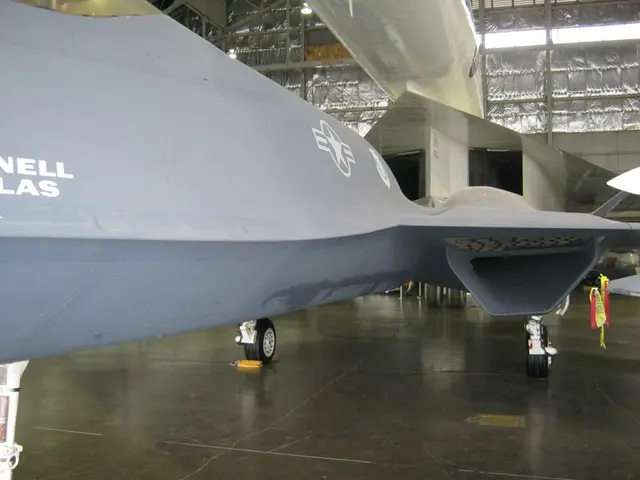Autonomous Lethal Weapons Reshape War, Raise Moral Concerns
The rise of autonomous lethal weapons is reshaping military strategies and raising concerns about human rights and international law. These weapons, operating independently based on sensor input, make life-or-death decisions without human intervention. While efforts to regulate or ban them are ongoing, no specific legislative movements have been identified since 2023.
Pope Francis has warned about the risks these systems pose to human dignity, arguing they cannot be morally responsible. The algorithmization of war is transforming the nature of conflict, with significant moral consequences. Experts like Norbert Wiener have cautioned against transferring morally complex decisions to machines. Stuart Russell advocates for a code of conduct, urging against developing algorithms that decide to kill humans. The lack of specific treaties governing AI use in warfare highlights the urgent need for international regulation.
As the world grapples with profound instability and war-related risks, autonomous lethal weapons represent a rupture in the logic of human rights, ushering in an era of automated conflict and impersonal cruelty. International organizations and advocacy groups must work together to establish clear guidelines and restrictions on these weapons, ensuring that human control and moral responsibility remain at the core of warfare.








